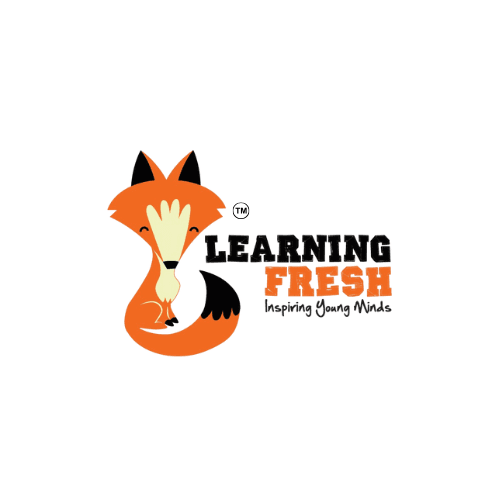How to Choose the Right Learning Platform for Your Needs
Understanding Your Learning Goals
Before diving into the vast world of online learning platforms, it is crucial to identify what you aim to achieve. Are you looking to acquire a new skill for career advancement, or are you pursuing a personal interest? Pinpointing your goals will help you focus on platforms that cater specifically to your needs. Some platforms specialize in professional development, while others may offer courses for hobbyists.

Assessing Content Variety and Quality
Once you have a clear understanding of your objectives, assess the variety and quality of content available on different platforms. Look for platforms that offer a diverse range of courses in your area of interest. Additionally, consider the credibility of the instructors and whether the platform has partnerships with reputable educational institutions or industry leaders. Quality content often comes from experienced educators or professionals who are experts in their field.
Evaluating Course Formats
The format in which courses are delivered can significantly impact your learning experience. Some platforms offer video lectures, while others provide interactive elements such as quizzes, assignments, and peer reviews. Determine which format aligns best with your learning style. Interactive formats may enhance engagement and retention, whereas video lectures might be suitable for visual learners.

Considering Flexibility and Convenience
Flexibility is a key factor when choosing a learning platform. Consider platforms that offer self-paced courses if you have a busy schedule or prefer learning at your own speed. Conversely, if you thrive on structure and deadlines, opt for platforms with scheduled classes or cohorts. The ability to access course materials on multiple devices can also add to the convenience, allowing you to learn on the go.
Checking User Reviews and Testimonials
User reviews and testimonials provide valuable insights into the strengths and weaknesses of a learning platform. By reading experiences shared by previous learners, you can gauge the platform's effectiveness and user satisfaction. Pay attention to recurring themes in reviews, such as issues with customer service or technical difficulties, as these can affect your overall experience.

Examining Cost and Value
Cost is an important consideration when selecting a learning platform. Some platforms offer free courses, while others require a subscription or one-time payment. It is essential to weigh the cost against the value provided. Consider whether the platform offers certificates upon completion or if there are opportunities for networking and career advancement. A higher-priced course may be worth the investment if it leads to tangible benefits.
Exploring Community and Support
A supportive community can enhance your learning experience by providing opportunities for interaction and collaboration with fellow learners. Platforms with active forums or study groups allow you to share insights and ask questions. Additionally, consider the level of customer support offered by the platform. Reliable support can help resolve any technical issues quickly, ensuring a smooth learning journey.
Testing Trial Periods and Free Courses
Many platforms offer trial periods or free courses, allowing you to explore their offerings before committing financially. Take advantage of these opportunities to test the user interface, course quality, and overall user experience. This hands-on approach can help you make an informed decision about whether a platform meets your expectations and needs.

In conclusion, choosing the right learning platform requires careful consideration of several factors, including your goals, content quality, flexibility, cost, and community support. By taking the time to evaluate these aspects, you can find a platform that not only meets your needs but also enriches your learning journey.
